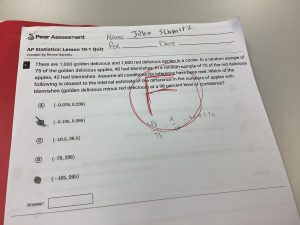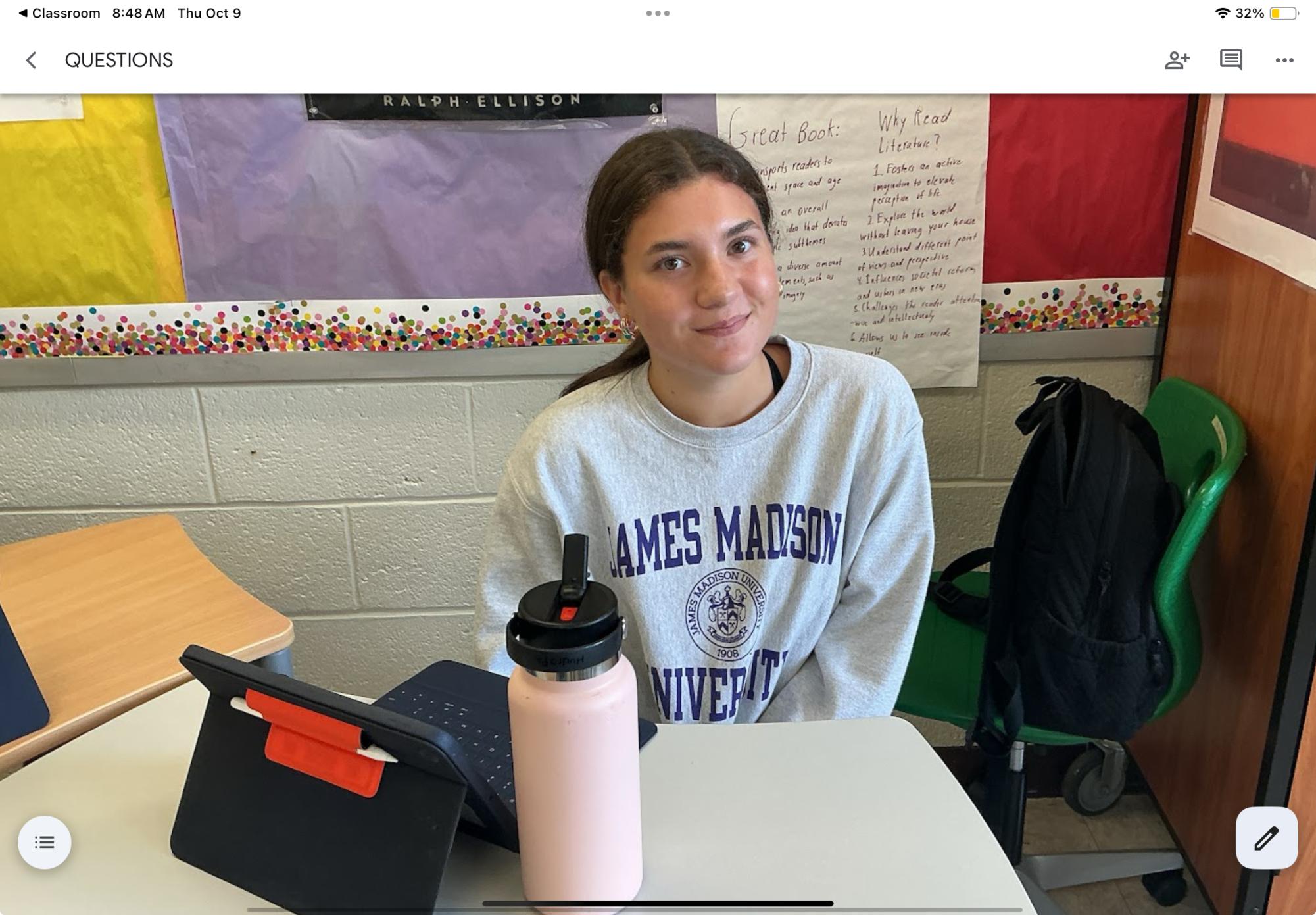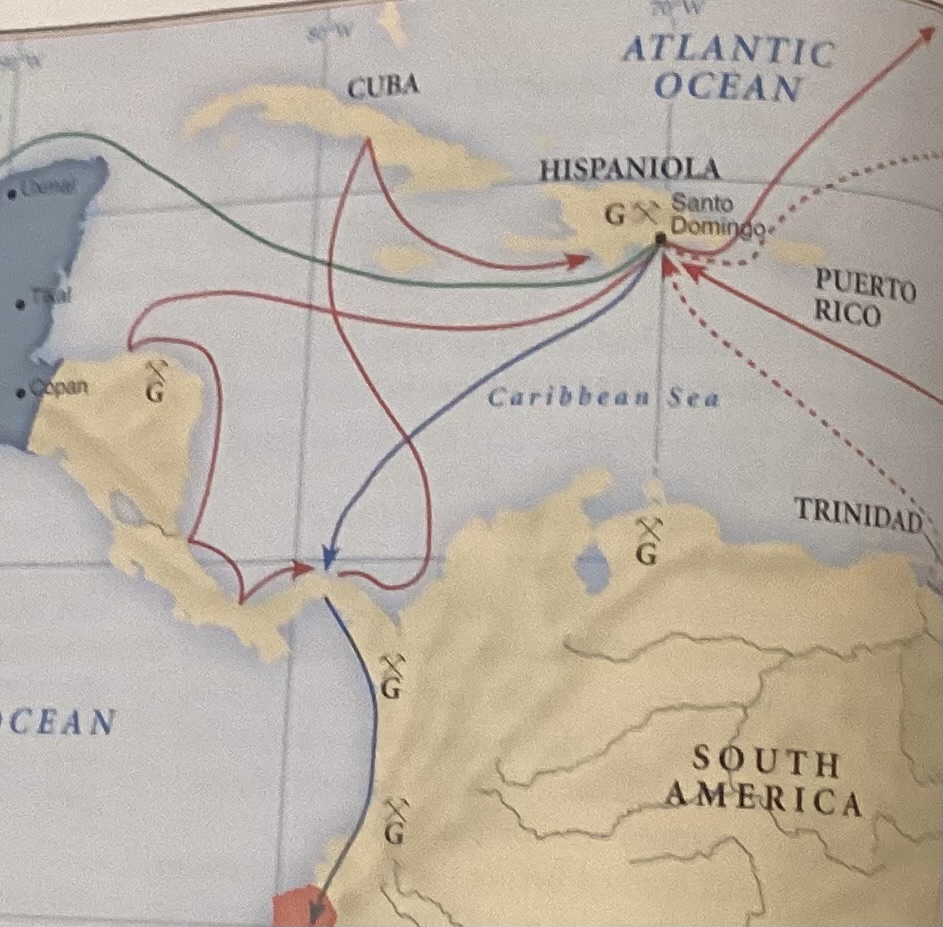All Sides of the Israeli-Palestinian Conflict After Recent Fighting
May 25, 2021
The recent outbreak of rocket fire between Israel and Hamas has come to an end after eleven days of conflict. The United Nations Security Council welcomed the ceasefire between Israel and Hamas and wants to use the situation as an opportunity to “reopen dialogue and address the root causes of the conflict.” These events have shined a new light under the different perspectives of the debate on how to resolve the decades long Israeli-Palestinian conflict.
A universal call from all sides to stop the killing of innocent children has been loud and clear. Every nation asserts that the humanitarian cost of the rocket fire has been detrimental to the lives of citizens residing in each region. All countries have also emphasized that the recent COVID-19 pandemic has negatively affected civilians in the area due to a lack of access to aid.
The US government has remained firm in its commitment to supporting Israel despite calls from many far-left politicians such as Alexandria Ocasio Cortez and Bernie Sanders calling on the US to stop sending aid to Israel. Republican leaders have criticized Democrat politicians who have not explicitly stated that Israel has the right to defend itself. They have also criticized President Joe Biden for being weak on foreign policy by illustrating the distinct difference from a torn Middle East now to the peace deals agreed to between Israel and Arab nations months ago under the previous administration. Israel’s Iron Dome system is largely funded by the US and has been responsible for intercepting many rockets sent from Hamas. Hamas has no such system so Palestianian casualties from rocket attacks were much higher. The Israeli government claims that they sent text and phone messages to the Palestinian people prior to certain buildings or settlements they were planning to bomb. Hamas gives no such warning to the Israeli people so they have less time to retreat to bomb shelters. All over Israel the response time for civilians ranges between 15 seconds and 90 seconds giving them very little time to seek shelter.
Israel feels that it has acted appropriately with regards to the Hamas airstrikes. It claimed that Hamas was responsible for starting the barrage of rockets that led to the conflict. It claimed that it was simply defending its people and had an absolute right to defend itself in response to what they called the “terrorist, militant group” that is Hamas.
Prime Minister Netanyahu and President Joe Biden were involved in talks to de-escalate the tensions in the region and reached an agreement. The US claims that it has been the most committed country in the United Nations to peace in the Middle East region as it has conducted dozens of high level meetings with international leaders seeking to resolve the conflict in the area.
The United Nations Security Council Meetings clearly reflect the opinions of nations around the world as representatives each lay out their viewpoints on the issue.
Arab countries and those allied with their beliefs claim that the recent peace deals between Israel and Arab nations such as the UAE, Bahrain, and Qatar, orchestrated by the former US administration of the Trump presidency, is not a long-term solution to the conflict. They claim that Palestine must be given a say in the region and must have a permanent area of land so that peace can finally begin to prosper for the Palestinians and Israelis. A portion of these nations have said that the Israeli government is participating in a genocide of the Palestinian people, is in violation of international human rights laws and the United Nations Charter, and is attempting to force Palestinians off their land. The primary arguments in favor of Hamas’s actions include the intrusion by Israelis on a Muslim compound during Ramadan and the eviction of Palestinian homes by Israelis intent on establishing their own settlements in Palestinian designated areas. Countries noted that with the end of Ramadan for Muslim people around the world Israel’s actions in holy sites are insensitive and malicious. Additionally, there is a primary emphasis that Israel’s current relationship with the Palestinians is one of “occupation” between a tyrannous Israeli government and a vulnerable victim group that is the Palestinian people. Some countries reaffirmed their principles that the best deal to make is to go back to the 1967 agreements that previously had given much more land to Palestine. Others, however, prefer the 2002 Arab Peace Initiative that was created years ago.
Another group of countries focused on the humanitarian losses of the recent fighting. Australia, Canada, New Zealand have remained relatively balanced in their approach to the conflict calling for humanitarian aid to the region and for the violence to stop against journalists and children. All agree that the Gaza Strip has been the primary victim of loss of life for civilian populations. Some nations suggested that the United Nations General Assembly may need to intervene in the conflict to provide humanitarian aid and stability to the region if the Security Council is unable to provide relief. The UN Security Council has five 5 veto powers including Russia, the US, France, the UK, and China who have the ability to single-handedly block any resolutions made by the Council.
Sources
“Gaza Children Living in ‘Hell on Earth’ Secretary-General Tells General Assembly, as Calls for End to Violence Crescendo, News of Israel-Hamas Ceasefire Breaks | Meetings Coverage and Press Releases.” United Nations, United Nations, 20 May 2021, www.un.org/press/en/2021/ga12325.doc.htm.
“Speakers in General Assembly Urge Israel, Hamas to Use Ceasefire as Opportunity for Reopening Dialogue, Addressing Root Causes of Conflict | Meetings Coverage and Press Releases.” United Nations, United Nations, 25 May 2021, www.un.org/press/en/2021/ga12327.doc.htm.

















